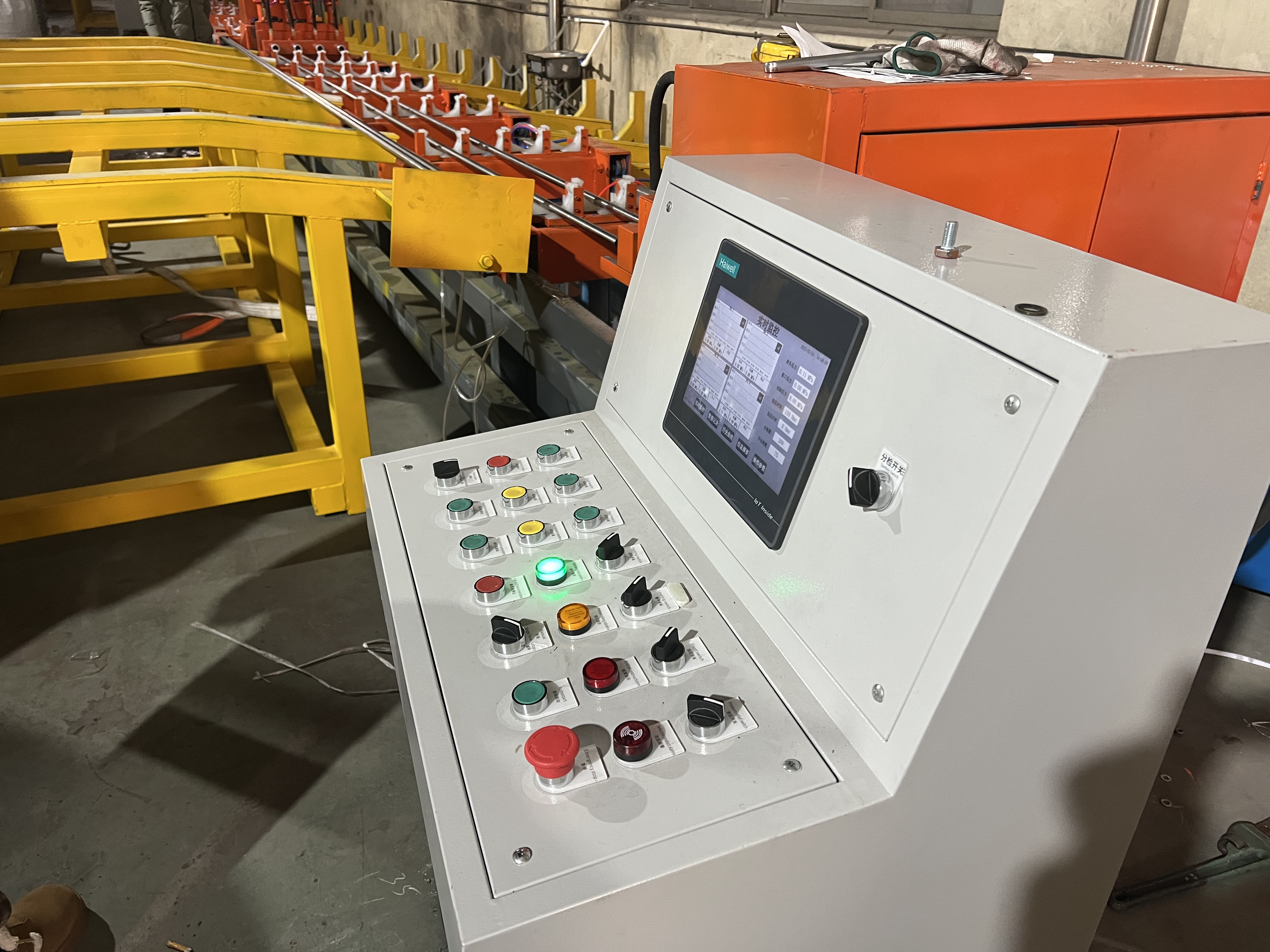In a modern pipe mill environment, where welded pipes of various diameters and wall-thicknesses flood the market, quality, speed and traceability are no longer optional—they’re expected. A dedicated hydrostatic testing machine for steel pipes isn’t just a piece of equipment—it becomes a strategic asset. Below I’ll walk you through the tangible benefits that such a machine brings to a sophisticated pipe-mill operation, and why your customers in export markets (India, Middle East, Southeast Asia) will care.
1. Strengthened Quality Assurance
When producing steel pipes in volume, defects are your enemy—weld flaws, seam weaknesses, material irregularities. A hydrostatic testing machine allows you to pressurise each pipe (or a representative sample) with water to verify it holds beyond its service pressure. This kind of test validates structural integrity and catches hidden issues. One source describes the benefit clearly: “The hydrostatic pipe testing machine ensures accurate and precise testing of steel pipes under high-pressure conditions.”
For a modern pipe mill, this means fewer leaks or failures after shipping—and your QC team can document that each pipe meets specs.
2. Compliance with Standards & Buyer Confidence
Export customers often require documentation showing that the pipes were tested for pressure, leak-tightness and durability. A machine that logs pressure vs time, holds for required durations and documents the outcome becomes an important competitive edge. For instance, hydrostatic testing confirms “the pipeline’s ability to deal with operating circumstances by pressurizing it with water and monitoring for leaks or pressure drops.”
When you can tell your buyer: “Every segment has been hydro-tested and logged,” you build trust—and open markets.

3. Reduced Risk of Field Failures and Costly Re-work
Field failure is one of the greatest threats to a pipe-mill’s reputation. With a hydrostatic test machine in place, you can locate and repair defects in the factory, rather than after installation. One review calls this “cost-effective” because early detection of flaws prevents “catastrophic failures” later.
Less re-work, fewer warranty claims, fewer shipping returns—all flow from a good testing regime.
4. Integration into Modern Production Flow / Efficiency Gains
Modern pipe mills demand workflow integration. A hydrostatic testing machine designed for your pipe ranges, with automated fill, fast pressurisation, data logging, and quick depressurisation, becomes part of a lean production line. According to one machine manufacturer: “The use of hydrostatic pressure testing machines improves efficiency in the testing process by allowing simultaneous testing of multiple pipes.”
When the test station isn’t a bottleneck, you align testing with your mill’s output and keep production moving.
5. Better Data, Traceability & Process Insights
A modern hydrostatic test machine does more than just “pass/fail”. It can record pressure trends, leak detection points, volume change, allows you to trace back to pipe batch, weld operator, material lot. That data becomes gold: you can spot patterns (e.g., a particular weld batch shows higher failure rate) and refine manufacturing parameters. As one article puts it: hydro-testing “permits us to shake out every flaw … Second it increases product quality.”
For a pipe-mill exporting globally, that data builds credibility and feeds continuous improvement.
Summary Table: Benefits at a Glance
|
Benefit |
How it helps a modern pipe mill |
|
Strengthened QA |
Verifies each pipe’s integrity under pressure |
|
Compliance & buyer confidence |
Provides documented proof for export-markets |
|
Reduced field failures & re-work |
Cuts costs and protects reputation |
|
Production flow / efficiency gain |
Minimises bottlenecks, aligns test station with output rate |
|
Data-driven insights & traceability |
Enables continuous improvement and builds customer trust |
If you operate a modern steel pipe mill (whether for oil & gas, infrastructure, water systems or industrial applications), bringing a high-quality hydrostatic testing machine into your production line is more than adding a test bench—it’s upgrading your entire production value-chain. You gain assured quality, deliver traceable documentation to buyers, avoid costly field issues, and run your line smarter and faster.